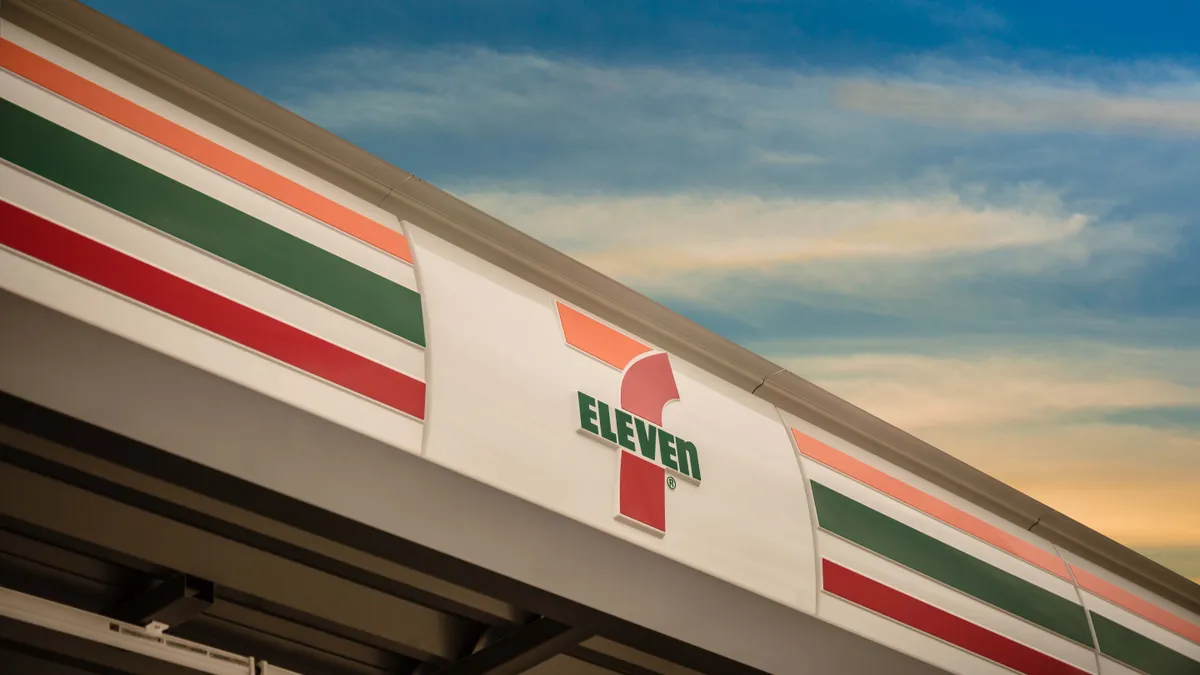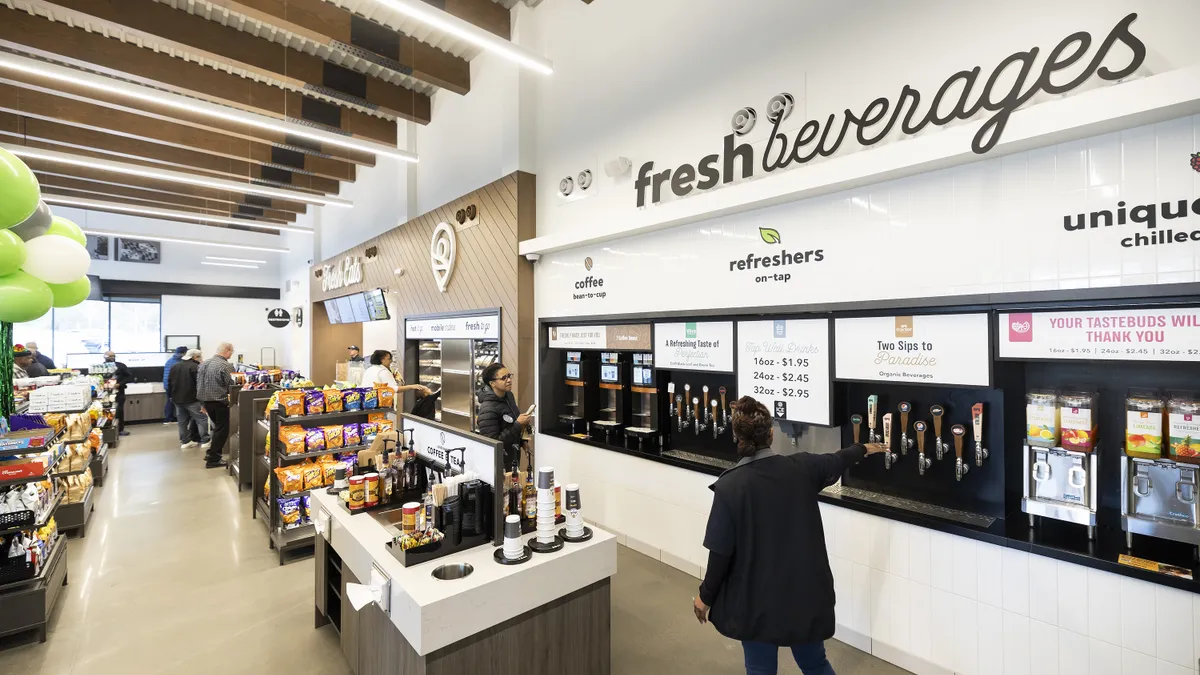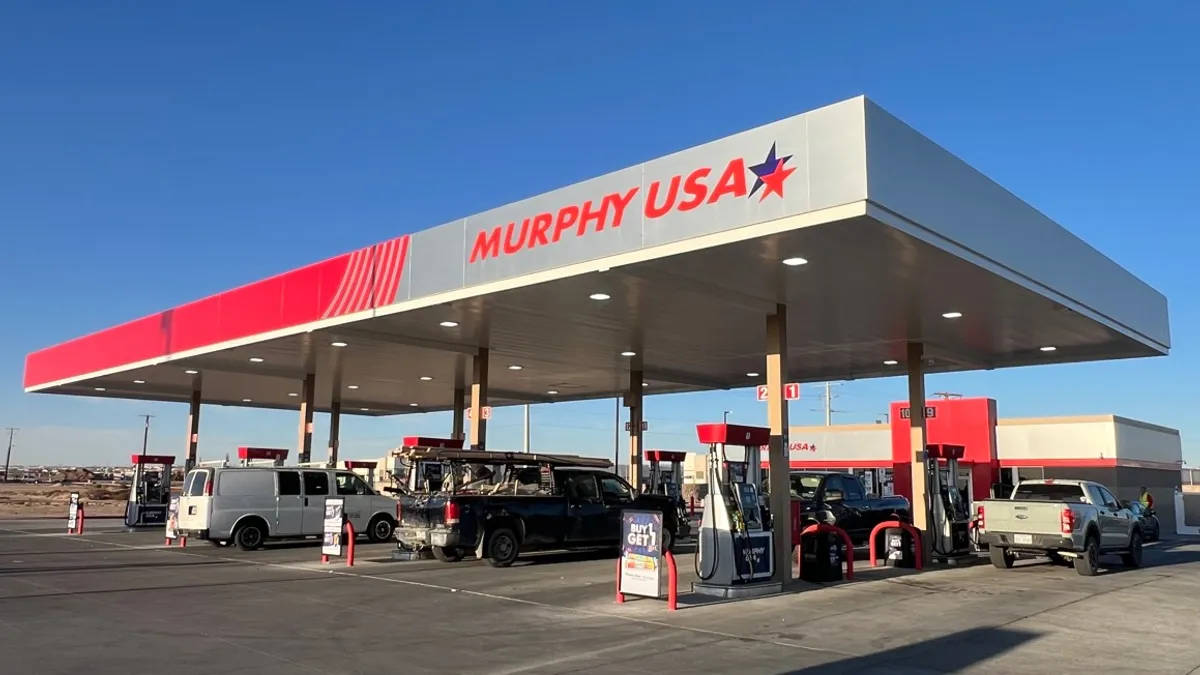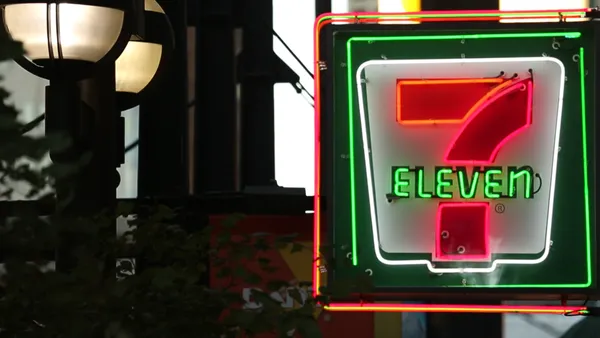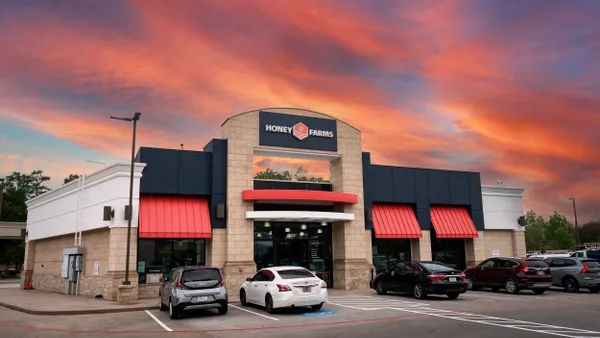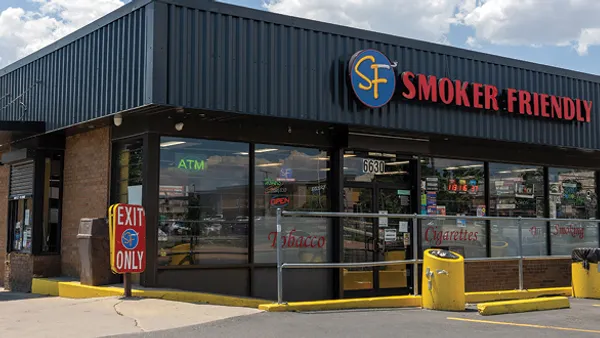Dive Brief:
- Two of 7-Eleven’s former franchisees have accused the c-store retailer’s management of ordering them to falsify hundreds of transactions across six locations between 2020 and 2023, according to lawsuits filed with the U.S. District Court for the Central District of California.
- Earlier this year, 7-Eleven sued Gurtar Sandhu of SSS Realm Corporation and Rajwinder Atwal of S.S.S. Atwal, Inc., after their franchise agreements were terminated for falsifying sales of tobacco products and then applying manufacturer’s coupons or promotions to fake transactions to collect the financial incentives. Both Sandhu and Atwal have admitted to these actions, but allege that 7-Eleven’s field consultants and area managers “instructed, encouraged and pressured” them and their employees to falsify the sales.
- Both franchisees are now requesting court orders to deny 7-Eleven from pushing them out of their stores and to restore all of their payment and operational systems — along with compensatory and other damages — after the retailer terminated their franchise agreements.
Dive Insight:
Although 7-Eleven terminated both franchisee’s agreements earlier this year, Sandhu and Atwal have refused to vacate their stores, which are located across Los Angeles, Carson, Fullerton and Brea, California.
Court documents filed by the attorneys representing Sandhu and Atwal in late May note that the franchisees are fighting to remain in their locations, as the fraudulent transactions were made at the behest of 7-Eleven’s leadership and not them or their employees.
Both franchisees allege that 7-Eleven “earned illicit profits in the form of vendor ‘scan backs’ on phony transactions while rewarding its field consultants and area managers with bonuses and promotions for generating ‘profit points,’” according to the court filing.
“On information and belief, [7-Eleven’s] top ranking management either expressly directed these activities or otherwise turned a blind eye to them,” according to the filing. “So long as [7-Eleven] was profiting, [7-Eleven] showed no interest or incentive to detect, investigate, or prevent these transactions from happening.”
A spokesperson from 7-Eleven did not respond by press time to comment on the situation, nor did attorneys representing the c-store retailer. Counsel for Sandhu and Atwal also did not respond to comment.
The franchisees allege that 7-Eleven only began investigating the transactions once various tobacco vendors learned that the retailer “collected millions of dollars in phony scan backs and demanded reimbursement.” Once this investigation began, the retailer “maliciously sought to place the blame on franchisees by attempting to terminate them,” according to the filing.
Sunny Gaga, who worked at two of Atwal’s 7-Eleven stores in Fullerton, declared to the court that although they “observed and participated in” these fraudulent transactions, it was 7-Eleven’s representatives who gave instructions to create the fake sales.
Gaga stated that over the years, several people identifying themselves as being from 7-Eleven instructed employees to ring up promotional tobacco products even though different items were being sold. Gaga also noted that 7-Eleven’s field consultants and area managers directed such transactions of items beyond tobacco products, such as hot foods.
“I don’t know why they told me to do this. But since these people were obviously from [7-Eleven], I did not question their instructions or motivations, and just did what I was told,” Gaga said in the court declaration.



